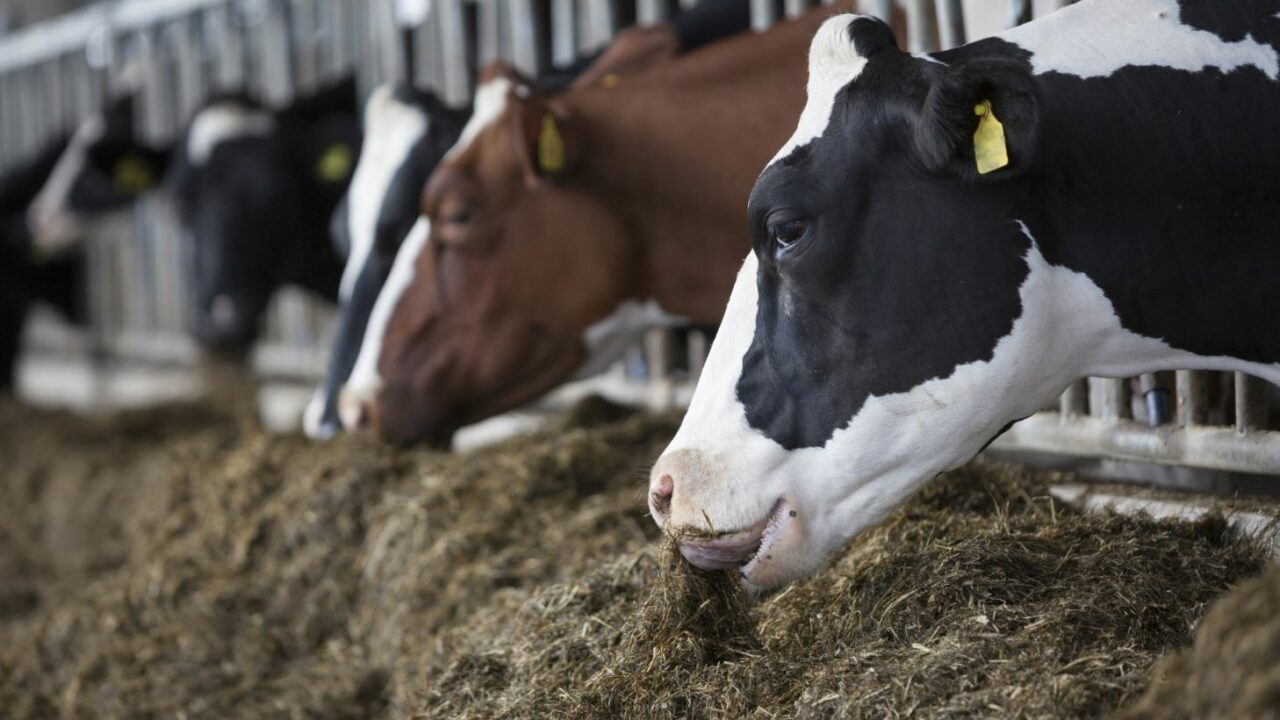Stressful animal welfare inspections could be instigated by as little as a member of the public seeing a cow lying down or a muddy field, officials told AgriLand.
Northern Ireland’s Department of Agriculture, Environment and Rural Affairs (DAERA) received more than 220 animal welfare complaints in 2017.
However, once unannounced inspections were made, over 90% were found to have been wrongly accused of welfare issues and were confirmed to be fully compliant with animal protection laws.
Type of complaints
Jackie Robinson, head of animal health and welfare, said many of the complaints came a result of a lack of understanding of the countryside.
She said: “Complaints can be over the phone or by email – most commonly by phone.
“If we think it’s warranted – and in most cases we would – we would have an enforcement officer or animal welfare officer going out to the premises.
“One of the reasons that a lot of these don’t result in anything happening is that there isn’t any welfare concern – I think that says a lot about the type of concerns that we get.
So if you are a member of the public driving down a road and you see an animal, you may think it’s in distress or you may think it’s acting outside of character but actually it’s not – so when someone goes out to the farm there is no issue.
“I think that reflects the number of complaints which are visited as a result of a phone call where there is no follow-up action.
“Some of them could be, ‘I’ve seen a cow and it’s lying down,’ or ‘There’s mud in that field.’ Some of them can literally be townies like myself who are out and think it’s not normal action.”
One farmer said members of the public had complained after seeing his calves in igloos. It demonstrates a worrying gulf in understanding between farming and consumers.
‘The very highest standards’
The department also carries out around 1,100 extra inspections every year – half of which are picked randomly and the other half of which are chosen because of risk factors; for example a large herd or previous issues.
“The 2011 legislation makes sure that the very highest standards are in place for welfare,” Robinson said.
“If there is a problem regarding welfare, if it’s a minor issue, the enforcement officers can simply give advice. If they think it’s something more serious they can issue an improvement notice.
“That might be something like making sure that there is adequate fencing so that an animal will not get out, making sure there is appropriate food or water supplied. They can also give a warning if they think that is more appropriate.”
Action
She added: “When an enforcement notice is given there is normally a date on it. [The date] depends on the improvement to be made in order to give it sufficient time to be made.
“In the case of fencing you won’t be able to put that up overnight so you might be given a number of weeks, but you wouldn’t be given six months – this is something that is required fairly quickly and they will visit later on to make sure that this has happened.
“If there is a lack of improvement or the welfare issue is so chronic and serious when they go out they will take cases to court.”
